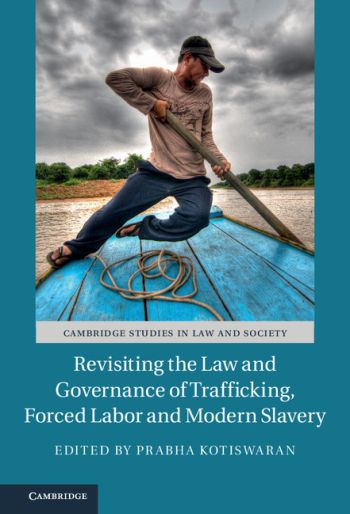We are now closed for the Christmas and New Year period, returning on Monday 5th January 2026. Orders placed during this time will be processed upon our return on 5th January.

Trafficking typically involves the movement of persons for exploitation for a third party's benefit. Inspired by the Palermo protocols, several states today criminalize trafficking, and it is perceived as an issue of serious organized crime. This edited volume brings together academics, activists and officials from international organizations who believe that the choice of a criminal law response arose from a particular alignment of geo-political interests of developed countries in the wake of globalization.
Adopting an inter-disciplinary, multi-stakeholder approach, contributors to this volume instead understand trafficking through the lens of labor migration and extreme exploitation and consequently rethink both the law and governance of trafficking. This volume considers many key factors, including the evolving international law on trafficking, the relationship between trafficking and domestic migration law and policy, as well as newly emergent techniques of governance including indicators, with a view to exploring prospects for economic justice in a globalized world.